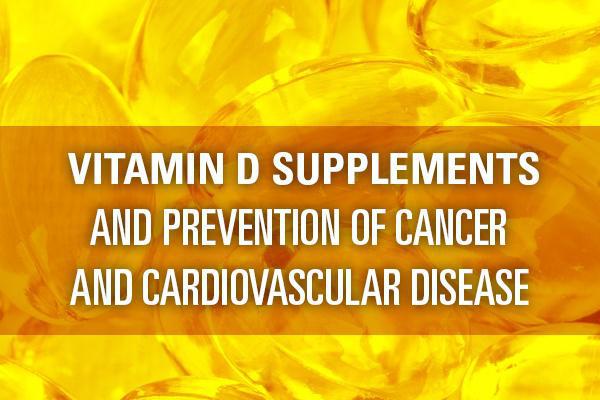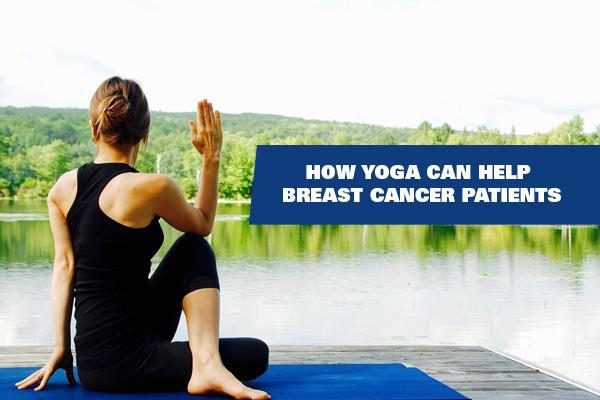What is Vitamin D?
Vitamin D is the name given to a group of naturally occurring substances in the body which the body can convert into hormones. The body uses vitamin D to help it utilize calcium and phosphorus in making strong, healthy bones and teeth. Vitamin D also helps the immune, muscle, and nervous systems function properly. Chronically low levels of vitamin D in the body can lead to a weakening of the bones and the teeth; this condition is called rickets in children and osteomalacia in adults.
Where does Vitamin D come from?
The body naturally makes its own vitamin D when the skin is exposed to the sun. Sunshine exposure of even small but regular amounts, such as 15 minutes, only 3 times per week, is enough to allow the body to make all the vitamin D it needs. Of course, there is also the now-current knowledge that too much chronic sun exposure greatly increases the risk of skin cancers such as melanomas, so people today tend not to get enough sun to produce their own vitamin D.
Other ways to get enough vitamin D is through certain foods and supplements. Good food sources for vitamin D include salmon, steelhead trout, mackerel, catfish, herring, oysters, sardines, and eggs. The majority of vitamin D is obtained through consumption of “fortified” foods (i.e. the phrase “fortified with vitamin D” is contained somewhere on the food label) such as milk, yogurt, orange juice, and some brands of soymilk. You can also obtain a healthy level of vitamin D through dietary supplements.
Is there a relationship between Vitamin D and Cancer?
There is some data/evidence which suggests that chronically low levels of vitamin D may increase the risk for certain cancers (e.g. breast cancer), and that higher (but not too high) levels of vitamin D may inhibit the incidence or growth of certain cancers (e.g. breast cancer). However, the research study data available for all forms of cancer is not strong, and is not entirely conclusive.
Studies of cancer and tumors in mice have shown that higher levels of vitamin D may slow down or completely prevent the development of cancer. The research studies of human beings have been more inconsistent, mostly due to the focus and structure of the studies involved. Much more follow-up research will be required to firm up the data, evidence, and research conclusions; i.e. to clarify the exact nature of the relationship between vitamin D and human cancers.



